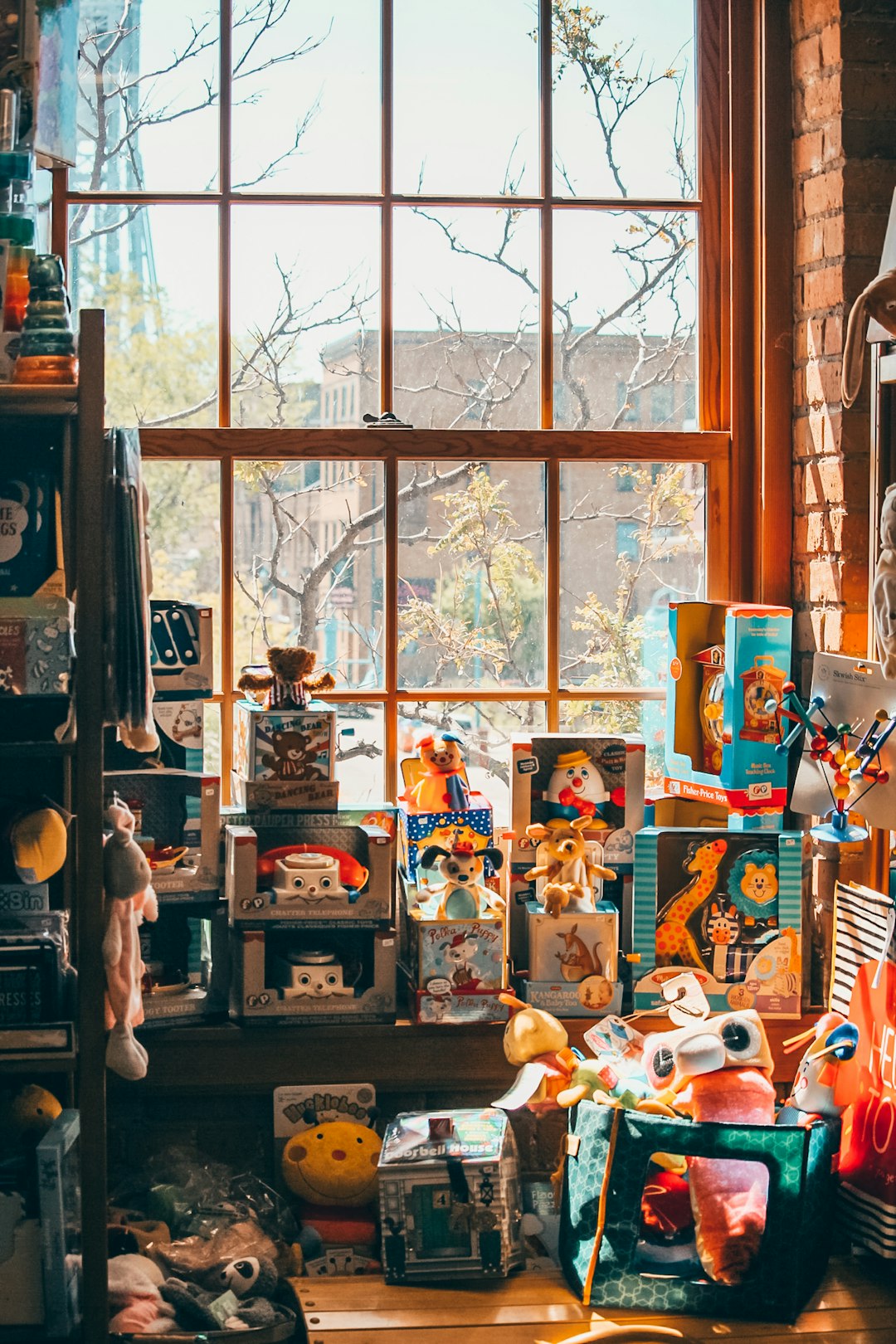(Valid for one time)

The Importance of Educational Toys in Early Childhood: Play, Learn, and Grow
In the realm of early childhood education, the role of educational toys cannot be overstated. These purposeful playthings don't just keep children entertained; they play a crucial part in their cognitive, social, and emotional development. Educational toys are designed to engage young minds, encouraging exploration, experimentation, and learning through play.
Learning Through Play
Play is the primary way young children learn about the world around them. Through play, children develop essential skills such as problem-solving, creativity, and critical thinking. Educational toys provide a hands-on way for children to interact with these concepts in a fun and engaging manner.
Choosing the Right Educational Toy
When selecting educational toys for young learners, it's essential to consider their interests and developmental stage. Toys that are too advanced may frustrate a child, while those that are too simple may not provide enough stimulation. Look for toys that are both educative and enjoyable, striking a balance between learning and play.
By integrating educational toys into early childhood education, educators and parents can create a dynamic learning environment that caters to a child's natural curiosity and eagerness to explore. These toys can help children develop essential skills in various areas, including literacy, numeracy, and problem-solving.
The Benefits of Educational Toys
Educational toys offer a plethora of benefits for young children. They stimulate the imagination, promote cooperation and collaboration, and enhance concentration and focus. Through play, children learn valuable social skills such as sharing, taking turns, and communicating effectively with others.
The Power of Imaginative Play
One of the most significant benefits of educational toys is their ability to spark imaginative play. Whether it's building a tower with blocks, creating a story with dolls, or solving puzzles, these activities allow children to express themselves creatively and develop their narrative and problem-solving skills.
With the right educational toys, children can immerse themselves in a world of learning and discovery. These toys provide a hands-on way for children to explore new concepts, experiment with cause and effect, and engage in self-directed learning that fosters independence and confidence.
Enhancing Early Childhood Education
Integrating educational toys into early childhood education programmes can have a profound impact on a child's development. These toys offer a multisensory approach to learning, engaging children through touch, sight, and sound. By incorporating toys that encourage exploration and experimentation, educators can create a stimulating learning environment that caters to diverse learning styles.
The Role of Parents in Play-Based Learning
Parents play a vital role in supporting play-based learning at home. By providing children with access to a variety of educational toys, parents can nurture their child's natural curiosity and stimulate their cognitive and social development. Through guided play sessions, parents can actively participate in their child's learning process and strengthen parent-child bonds.
As children engage with educational toys, they develop essential skills that form the foundation for future academic success. These skills include problem-solving, critical thinking, and creativity, all of which are crucial for navigating the challenges of the modern world.
Conclusion: Igniting the Flame of Curiosity
Educational toys are powerful tools that ignite the flame of curiosity in young minds. By combining play and learning, these toys create a dynamic and engaging educational experience that encourages children to explore, experiment, and grow. Through the use of educative toys, children can develop a love for learning that will stay with them for a lifetime.

Dejar un comentario